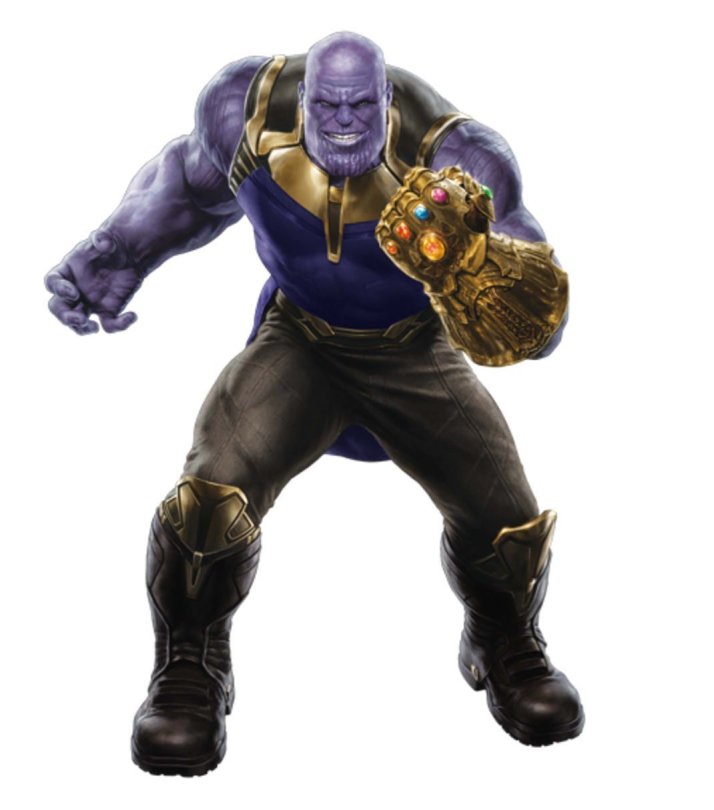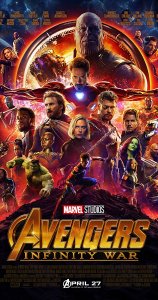I am a privileged white woman living in one of the most affluent countries in the world. I never had to walk more than a few yards from anywhere in my house to get fresh water. I never wondered where my next meal would come from. I never worried that my parents would sell me or my siblings because they were trying to survive.
 I never had to worry if I would be given in marriage when I was still a child so that my parents could get a dowry for me. Education? Free. Transportation to that education? Free. It never even crossed my mind that I would have to quit school to work to help my parents with living expenses. I always had an abundance.
I never had to worry if I would be given in marriage when I was still a child so that my parents could get a dowry for me. Education? Free. Transportation to that education? Free. It never even crossed my mind that I would have to quit school to work to help my parents with living expenses. I always had an abundance.
War never came through my town. I never had to rely on the kindness of strangers in a new place where we had to flee because it was unsafe where we were. I never had to fear rape or death at the hands of invading soldiers.

In From Risk to Resilience: How Empowering Young Women Can Change Everything, Jenny Rae Armstrong opened my eyes to things I had never thought of before. Things that are everyday realities for a too-large percentage of girls around the world. And I thank her for it.
Jenny Rae is a friend of mine through the Redbud Writers Guild, of which we’re both members. So I know that she is a foster mom to a bunch of teenage boys. I know that she’s not just talking about this stuff. She’s walking it. She lived overseas for many years as a child. She still visits African countries and meets with the people and cares for their needs. This isn’t just lip service. Jenny Rae has done her research and her book will not only touch your heart for the plight of our global sisters, it will spur you into action.
Did you ever think that contributing to a clean water project could help ensure a young girls’ future? I hadn’t either, until Jenny Rae pointed out that if girls in Africa, who have the majority of the responsibility for bringing clean water, sometimes from extremely long distances, into their homes, could have access right near where they live, then they would not have to spend so much time in that job. They could actually go to school and have time to study for tests. They could possibly get into universities and further their education, thus setting themselves up for greater economic success.
Clean water near their homes = less time spent toting water and more time studying. It’s not rocket science.
Did you know that when you send your used clothing to well-meaning organizations that ship it overseas to needy countries that you are taking away the livelihood of those who work in those countries to make clothing or materials used for clothing? I had never thought of that before.
There are so many other ways that the lives of girls could be improved, and Jenny gives us a look into some of those ways. Even right here in my own city, there are ways that I can help. I can’t do everything, but I can do something.

MercyHouseGlobal.org
For many years I have supported Mercy House Global through their Earring of the Month Club. Two times a year I send a contribution and every month, I get a pair of handcrafted earrings from different countries where the ministry is teaching women trades so they can support their families. This past Christmas, I decided to shop at the Mercy House Global online store so that I could continue to help support these women around the world, some of whom have been rescued from sex trafficking.
What is that old saying? Give someone a fish and they have food for a day; teach someone to fish and they have food for a lifetime?
What I appreciate about Jenny’s book is not only the practical steps she gives, but the fact that she acknowledges that all the injustice and hurt and bad things that are happening in the world will not be solved without hearts being changed by Jesus. But that doesn’t get us off the hook for helping where we can.
In From Risk to Resilience, you will read statistics and be apprised of facts, but you will also be introduced to some of the girls who have been affected by cultural norms in their countries that are literally killing them. Shame for how their bodies naturally work; savagery in the hands of men sometimes more than twice their age; responsibilities that should never have to be placed on the shoulders of ones so young.
We take so much for granted in the western world. Yes, I have been leered at and catcalled. I have been afraid when I have gone places by myself. I have felt the unwanted attention of men when I’m just going about my life. But I will never endure what thousands upon thousands of women around the world assume is normal.
In her epilogue, Jenny says this:
So consider this your invitation to jump into the fray and fight for shalom for girls. Every voice, every heart, every set of hands is needed. Gather your people, gather your resources, and resist until the powers, principalities, and dominant forces of this world have been trampled under your feet. Don’t just fight to win; fight because we bear the name of Christ and surrendering to sin is not an option, no matter how hard and hopeless the battle may seem at times.
I have an almost 17-year-old daughter. I can’t even imagine being at a point where I would consider selling her to an older man so that I could make ends meet, or so that I could ensure she was provided for because I couldn’t do it. My heart breaks for the mothers and fathers around the world who have felt that they had no other choice.
Read this book. Share this message. Do it for the girls. Do it for yourself.



 My family and I are big fans of the Marvel Cinematic Universe (hereafter referred to simply as the MCU). We’ve seen every one of the movies and now own them all as well. We laughed the most during Thor’s flicks, cheered the most during “Black Panther” and watched in expectation for what would happen to our heroes in the most recent “Infinity War.”
My family and I are big fans of the Marvel Cinematic Universe (hereafter referred to simply as the MCU). We’ve seen every one of the movies and now own them all as well. We laughed the most during Thor’s flicks, cheered the most during “Black Panther” and watched in expectation for what would happen to our heroes in the most recent “Infinity War.”

 In this her first book, Shelly Wildman encourages parents to engage in intentional discipleship, positioning your kids to follow Jesus as they grow in independence. By asking why we do the things we do, we’re taking a closer look at our efforts as a family.
In this her first book, Shelly Wildman encourages parents to engage in intentional discipleship, positioning your kids to follow Jesus as they grow in independence. By asking why we do the things we do, we’re taking a closer look at our efforts as a family. and here’s what you’ll get in the end.’ But I don’t believe we can parent by formula. I think we have to look at our unique family and ask why.
and here’s what you’ll get in the end.’ But I don’t believe we can parent by formula. I think we have to look at our unique family and ask why. Shelly Wildman is a former writing instructor and author of the forthcoming book First Ask Why: Raising Kids to Love God Through Intentional Discipleship (Kregel). Shelly holds degrees from Wheaton College (BA) and University of Illinois at Chicago (MA), but her most important life’s work has been raising her three adult daughters. She and her husband, Brian, have been married for 32 years and live in Wheaton, IL. Shelly speaks to women’s groups in the Chicago area and spends much of her free time mentoring young women. When she has time, she loves to cook, read, and travel.
Shelly Wildman is a former writing instructor and author of the forthcoming book First Ask Why: Raising Kids to Love God Through Intentional Discipleship (Kregel). Shelly holds degrees from Wheaton College (BA) and University of Illinois at Chicago (MA), but her most important life’s work has been raising her three adult daughters. She and her husband, Brian, have been married for 32 years and live in Wheaton, IL. Shelly speaks to women’s groups in the Chicago area and spends much of her free time mentoring young women. When she has time, she loves to cook, read, and travel. I’m a California girl, but I have lived in Florida for nearly 27 years. My parents are both gone now, and much of my extended family doesn’t live in the state anymore, but I will always consider California “home.”
I’m a California girl, but I have lived in Florida for nearly 27 years. My parents are both gone now, and much of my extended family doesn’t live in the state anymore, but I will always consider California “home.”
 I will be giving away a copy of A Place to Land on April 6th. To enter for a chance to win, just leave a comment about what “home” looks like to you and why you would like to read this special book. I will pick a random winner on April 6th. Don’t miss a chance to be challenged and changed by this beautiful book.
I will be giving away a copy of A Place to Land on April 6th. To enter for a chance to win, just leave a comment about what “home” looks like to you and why you would like to read this special book. I will pick a random winner on April 6th. Don’t miss a chance to be challenged and changed by this beautiful book.